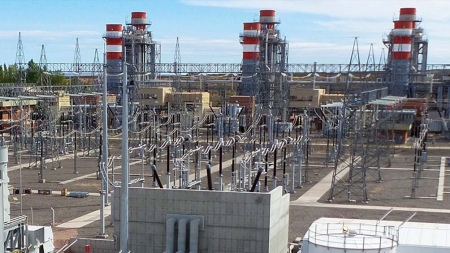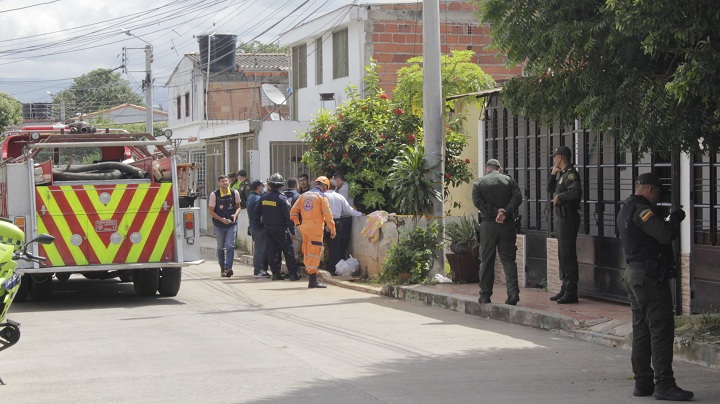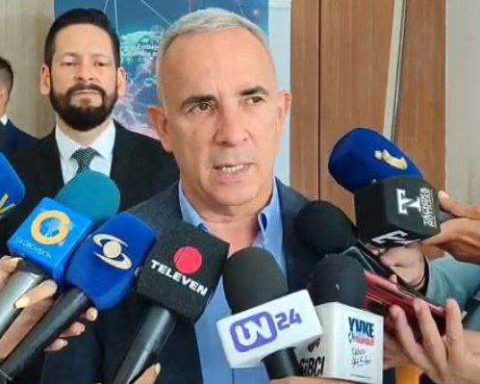Government extended for one year the term of the renegotiation of the Comprehensive Tariff Review (RTI) corresponding to the providers of public services for the transmission and distribution of electricity and natural gas that are under federal jurisdiction, through the decree of necessity and urgency (DNU) 815/2022 published this Wednesday in the Official Gazette.
In the same, also extended for one year the intervention in the national regulatory bodies for Electricity (ENRE) and Gas (Enargas), currently in charge of Walter Martello and Osvaldo Pitrau, respectively, “until the new tariff schedules resulting from the final agreements of the RTI enter into force”.
In its recitals, the decree indicated that “The RTI requires the projection of indicators specific to the electric power and gas industry, as well as macroeconomic, which in turn are linked to each other.
In this sense, he highlighted “the significant and widespread increase in the international prices of energy commodities, generated by the increase in international demand, determined by the growth of post-pandemic economic activity and associated with speeds inconsistent with the real possibilities of the central countries in their energy transition policies and plans, which generated a very significant first jump in world energy costs towards the third quarter of 2021 “.
“Added to this, it is public knowledge that the conflict unleashed between Russia and Ukraine determined a new and more significant rise in the international prices of the aforementioned products, especially liquefied natural gas (LNG) and diesel, commodities that our country must access annually in the winter to complement the national production of natural gas and supply the internal winter demand for both gas from networks and electricity generation from thermal power plants. “, the DNU pointed out.

essential role
He also remarked that “electricity and gas public services play an essential role in economic and social development, Therefore, its accessibility is essential for homes”.
In this sense, he indicated that “the tariff policies applied from 2016 to 2019 implied a reduction in household income in real termswith rate increases well above the income of the population, in a context of serious economic crisis”.
Therefore, he concluded that “It is opportune and convenient to maintain tariff reasonableness in the current context of economic recovery and avoid a dismantling of the tariff scheme that negatively affects the disposable income of households and implies considerable increases in the production costs of the industry”.
In December 2020, the Government determined through DNU 1020 the start of the RTI “prone to a reduction in the real tariff burden on homes, businesses and industries.”
In addition, it established a period of two years to carry it out. “should be suspended until then, the agreements corresponding to the respective RTI in force.”
Transition Regime
Meanwhile, the Government decided that within the framework of the renegotiation it was convenient to establish a Transition Tariff Regime (RTT) “as an adequate solution to the situation for the benefit of users”.
Within this framework, both ENRE and Enargas held public hearings and approved new rate charts for electricity and gas services.
Likewise, the Government, through decree 332/22, established last June the policy of social subsidies “fundamentally protecting the sectors with lower incomes, in order to achieve reasonable energy values that can be applied with criteria of fairness and distributive equity, contemplating the different realities and situations of the universe of users”.
So established “a regime of segmentation of subsidies to residential users of the public services of electricity and natural gas through the network”.


















